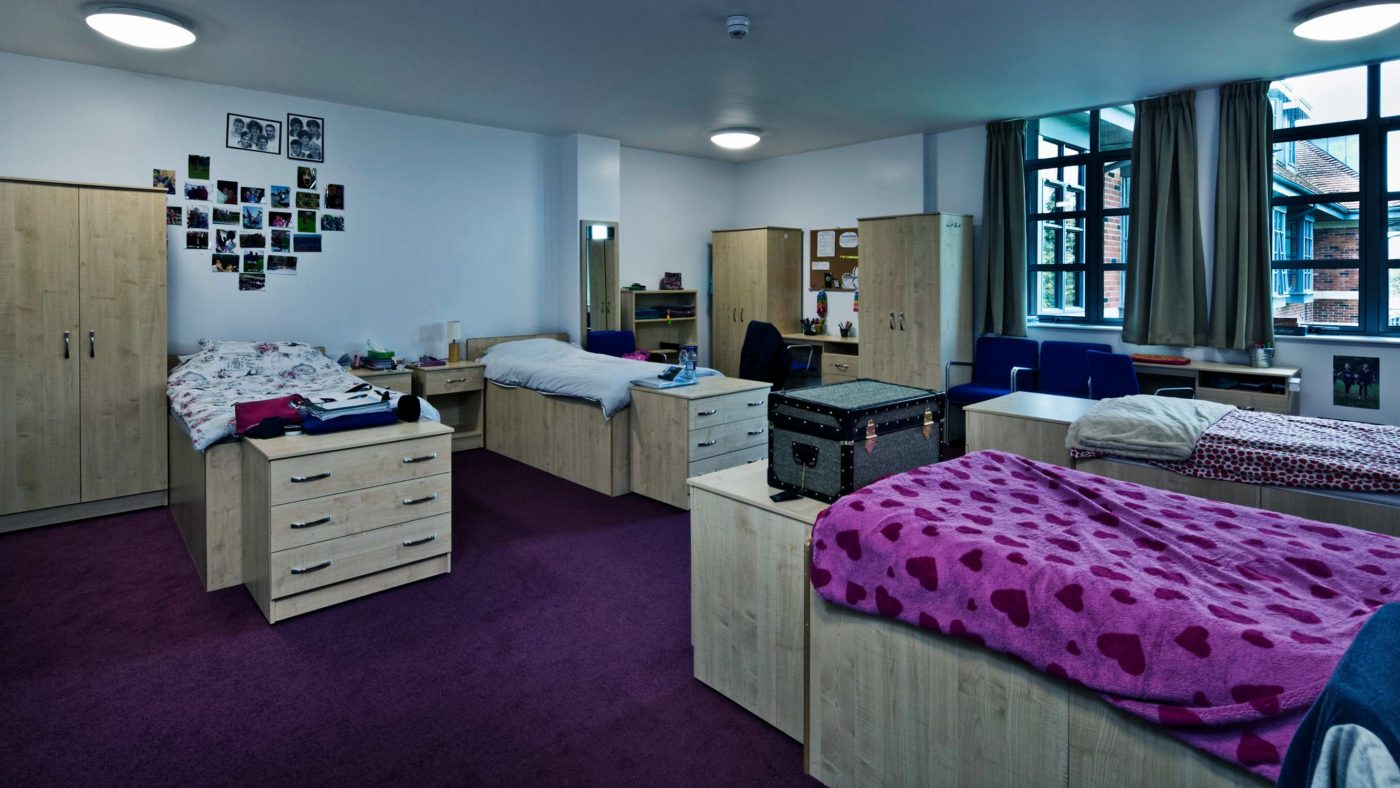If this country is to accept 20,000 Afghan refugees then schools will be at the heart of helping families deal with the trauma of relocation, and the challenges of adjusting to a new culture. Given the difficulties of the past 18 months some schools will undoubtedly struggle to accommodate children with very specific and complex needs. Even with help from social services and local Afghan communities (if they exist), every young person joining a class will demand extra time and support from teachers, and this at a time when schools are already adapting to the demands of the pandemic.
Independent schools, and in particular boarding schools, are ideally positioned to help. They have the facilities and resources to offer specialist pastoral care, as well as (crucially) accommodation and a stability of education that might not be available elsewhere. Not only that, but the sector has the capacity to accept more children. Independent day schools remain popular, with many are over-subscribed, but the pandemic has had an impact on boarding school numbers. The most recent Independent Schools’ Council census showed that boarding schools have lost nearly 9,000 students since the pandemic began. Those empty beds should be made available to students, particularly girls, fleeing Taliban persecution.
And boarding schools want to help. As Robin Fletcher, CEO of the Boarding Schools’ Association, told me:
“BSA member schools will offer what support they can to Afghani refugee students at this very difficult time. Some of our members have already done so, as they did with Syrian refugees in 2015. At that time boarding schools offered over £1.6m worth of fully-funded places, community support and jobs for families. The offer largely went unclaimed but our schools will work to support the Afghan community in any way we can.”
The little-known scandal that Fletcher refers to represents a small, but tragic, missed opportunity for at least 80 children who were leaving Syria in 2016 and who were promised places in boarding schools. A combination of government red tape, a lack of political will, and perhaps an unwillingness to engage with independent schools at a local authority level, meant that beds went unclaimed, places unfilled, hope abandoned. The same cannot be allowed to happen again.
The independent sector is frequently criticised for doing too little to help those who are unable to attend their schools. Much of this criticism is politically motivated, and overlooks the long-established partnerships that benefit tens of thousands of students every year. But more could and should be done, at both local and international levels.
Of course, it would be extremely naive to think that boarding schools can simply open their doors to Afghan students and all their problems will be immediately solved. They won’t and, for some, such schools will not suit their needs. But many boarding school staff (both teaching and non-teaching) are hugely experienced in dealing with young people’s complex needs; nevertheless, they will still need training and guidance on how to support children who have come from a conflict zone. Schools would have to work with public services, including social care and children’s charities. They will need to employ translators, have access to mental health support, and be able to build bridges between schools and the children’s families to help these young people feel safe and to adjust to their new world. And, of course, those schools will need additional government funding to offer as many places as they can.
If Afghanistan is ever to return to something we would recognise as a functioning society then its young people have to be educated. If they are not, and if the Taliban government reverts to its familiar, repressive ways, then it will remain a failing state. Its young people will forever see their lives ruined by the regressive dogma of political and religious fanatics. And no return to normality can happen without the full involvement of women and girls, and at that heart of that longed-for eventuality is education. No society is free if half its population remain prisoners.
The scramble to leave Kabul shamed the West. There is, realistically, little that we can do to shape the immediate future of a country only too familiar with exploitation and abandonment. But what we can do is try to build a better, long-term future, by offering as many of its children the opportunity to learn, to transform their lives through education. One day, perhaps, this displaced generation, schooled in liberal democracies, can return to a land that will need them, their bonds with the countries who helped them indelibly strong. Schools can play a small, but integral, part in this process. Whatever it costs, it is cheap at the price. More importantly, it’s the right thing to do.
Click here to subscribe to our daily briefing – the best pieces from CapX and across the web.
CapX depends on the generosity of its readers. If you value what we do, please consider making a donation.


